Neighbourhoodisation
Organizing children and adults in residential areas, as units of Inclusive Neighbourhood Children's Parliaments. Our forums being small, normally of about thirty persons/families, ensures that even “small voices” are heard, and every person gets recognition and scope to grow.
Governance from below
Children and adults decide together on matters that affect them. Instead of powerlessness, they have agency. For children, such involvements are a hands-on training for collaborative. citizenship. Including adults, there can be global impact in the life of each and every human being.
Federation and scale
These forums are federated, leading to children’s parliaments at village/school, sub-district, district , state, nation. After nearly two decades, 100,000s of neighbourhood units of people public are already organized and federated in India. More projects have been started in Africa, Europe and South America.
Existing projects connected to the Neighborhood Community Networks
Neighborhoodisation March
Neighborhood Community Network
Worldwide
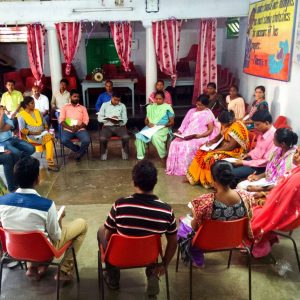
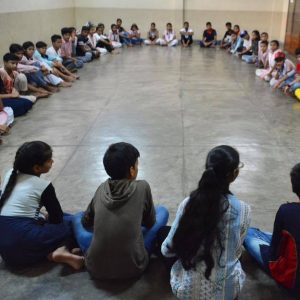
National Parliament of Inclusive Neighborhood Parliaments
India
Inclusive Neighborhood Parliaments of Children in Schools
India
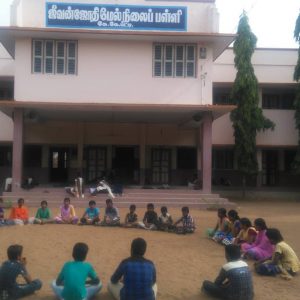
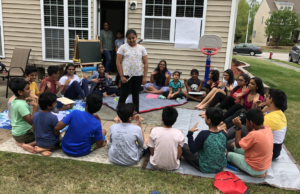
Neighborhood Children's Parliament
RALEIGH, NORTH CAROLINA, USA
Provisional World Children's Parliament Meeting Online With Experts To Celebrate World Health Day
Worldwide
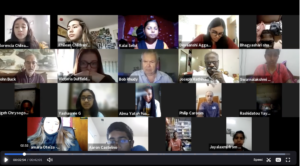
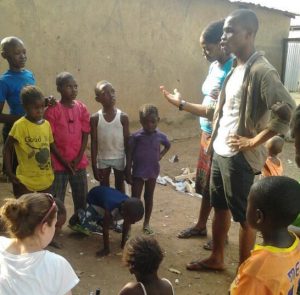
Inclusive Neighborood Spaces of Africa
NIGERIA
Neighborhood Children’s Parliament by DMI Sisters
MALAWI
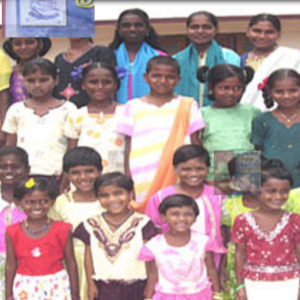
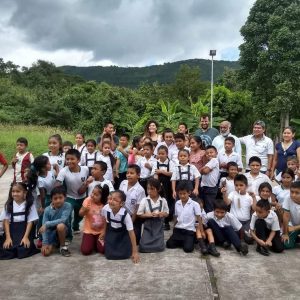
Neighborhoodisation
SOUTH AFRICA
Inclusive Neighborhood Spaces Program
KENYA
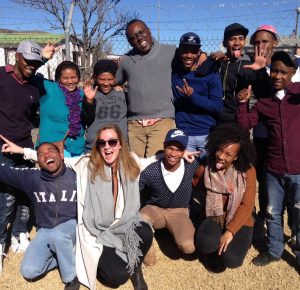

Neighborhoodisation
PORTUGAL
286,000 Neighbourhood Groups of Poor Women
Kerala, India
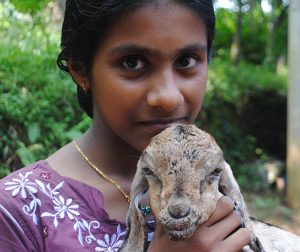
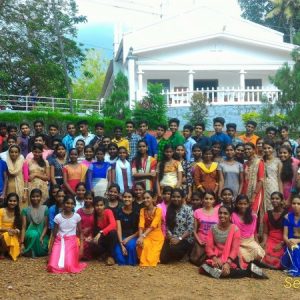
Kudumbashree’s Neighbourhood Bala Sabhas
Kerala, India
Voices
How neighborhood communities
impact lives

Kingsley Asukwo Udo
South Africa
"We started setting up spaces for children, youth, men and women in very poor communities. We also introduced the model in schools in the urban and to our amazement, it grew and flourished. Within a year we had set up over 6000 spaces. We named them Inclusive Neighborhood Spaces INS. It became a reference point for international and local volunteers. The INS model gave us the platform to engage issues around exclusion, school enrolment, life skills transfer, agriculture, social accountability, child protection, prevention of sexual abuse and exploitation."
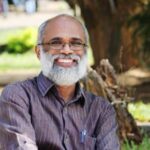
Jacob Henry Uzor
Nigeria
"I am a passionate active citizens. It all started back then in 2015 when I was posted for my National Youth Service program in Ikorodu Lagos. Starting the Inclusive Neighborhood Space (INS) in Ikorodu was the first ever such have happen in Lagos and that was a huge success. Through the INS, a lot has been achieved, like sending over 300 children back to school, drainage system, light issues, awareness raising on global issues and much more."

Jagajeevan
India
"A movement is necessary for changing the attitude to development, to change the macro political philosophy and practice, and democracy, existing governance system and services delivery. First change the attitude, build the confidence among the activist, and create hope amoung the social engineers. Create space, time , activities for collective dreaming and collective action. It is possible through neighborhood movement. I am confident that we can build neighborhood movement all around the world, for peace, justice, equity and sustainable development."